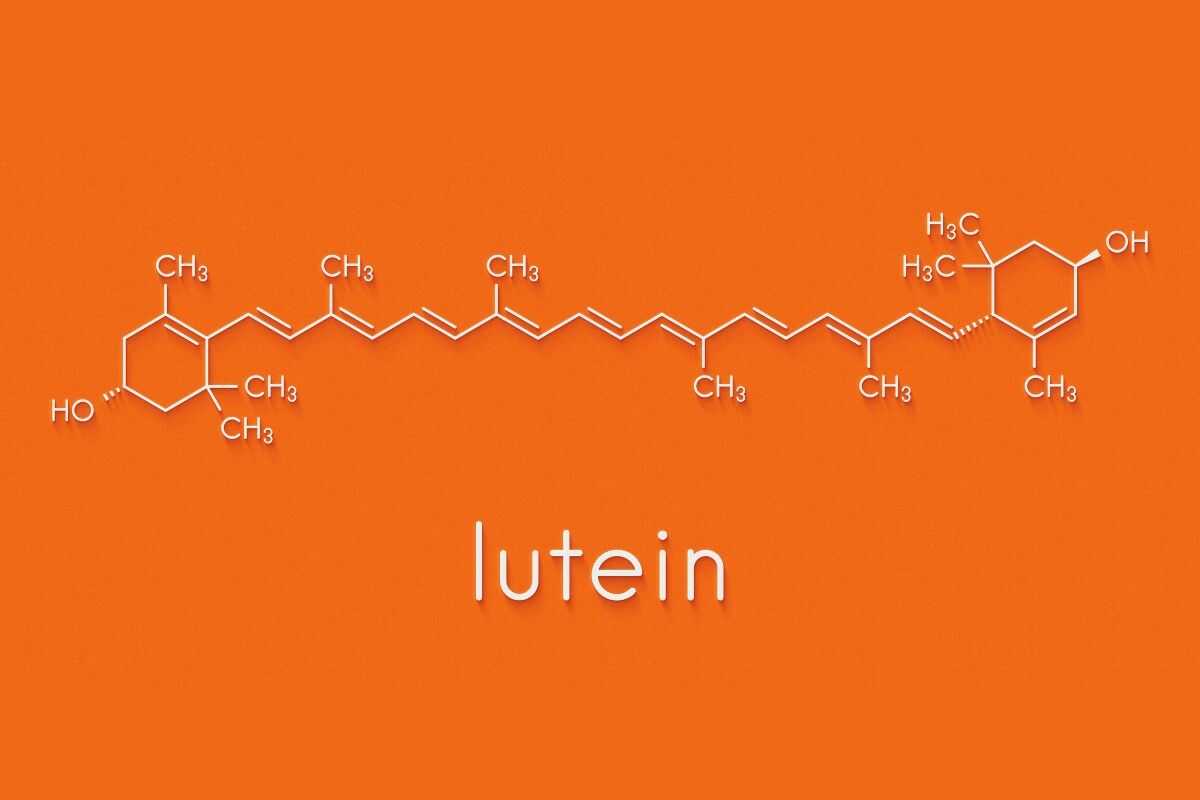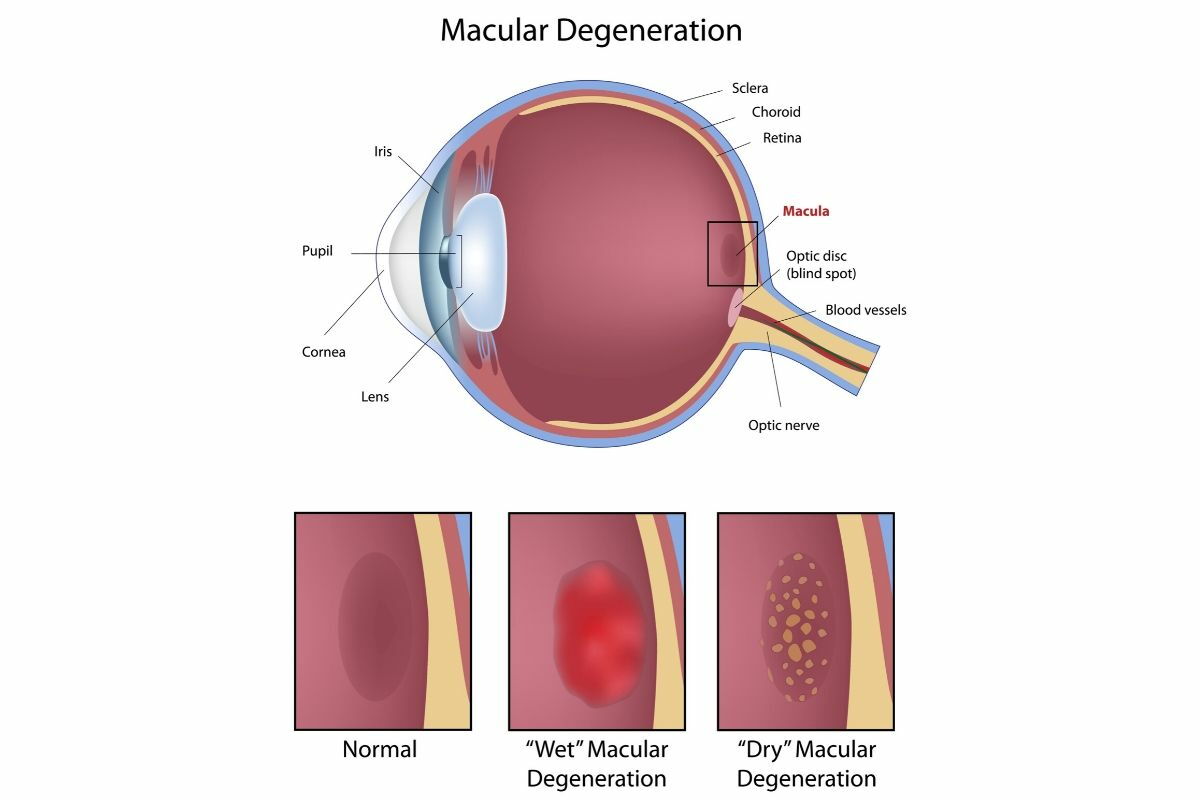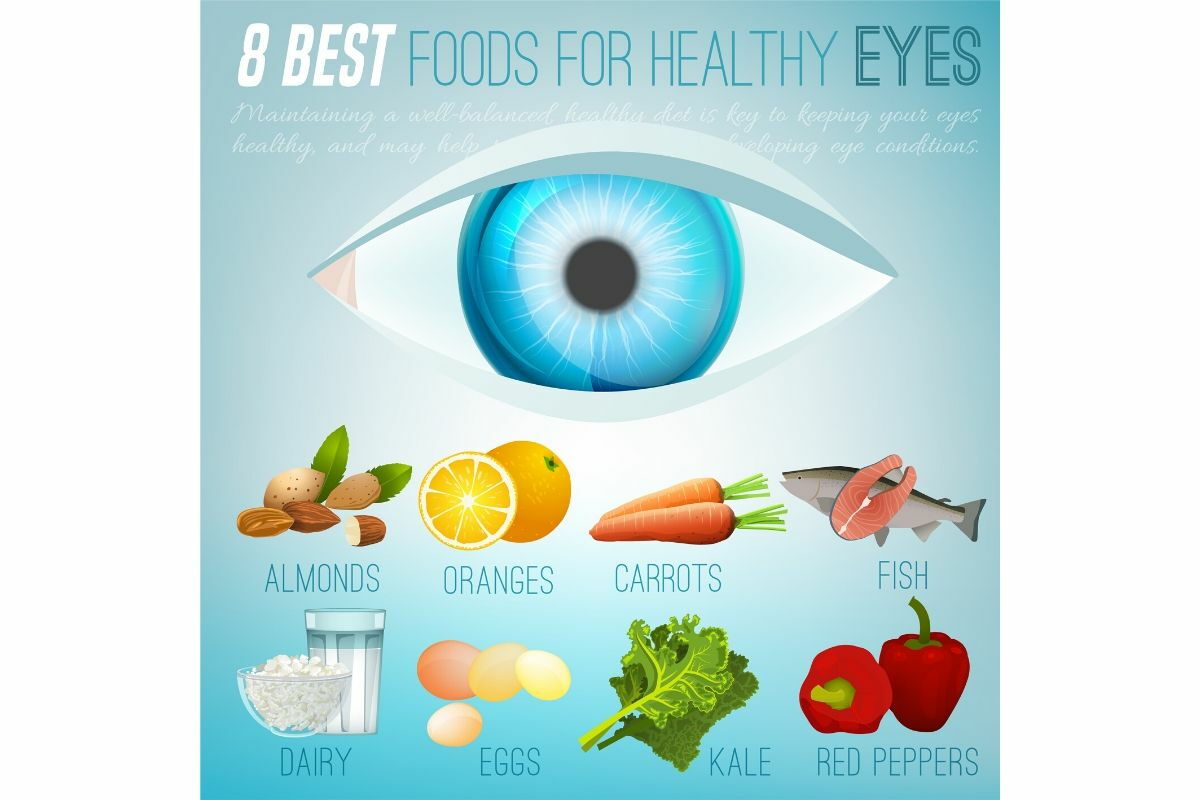There are over 600 different types of carotenoids in nature, but only twenty of them are related to the eyes and vision functions. Of these, lutein - together with zeaxanthin, another carotenoid - is the only carotenoid that is deposited in large quantities in the area of the retina where the observed image is formed (the "macula"), earning its reputation as a natural substance eye health ally.
Lutein: properties and uses

Estimates show that more than 25 million people in the world are affected by macular degeneration and cataracts due to the progression of age, especially those over 50-55 years old who live in industrialized western nations. Data emerged from the American Optometric Association, the incidence of this disease is even expected to triple by the year 2025.
Lutein helps protect our eyes by filtering a percentage of harmful UV short waves that negatively affect delicate parts such as the retina. Researchers from Harvard University have discovered that, with the integration of 6 milligrams of lutein per day, the risk of macular degeneration is reduced by 43% and its use as a protective nutraceutical for this purpose is widespread. Although research is still in its early stages, several studies show that increased consumption of lutein and zeaxanthin are associated with a significant reduction in the risk of cataract formation.
Another significant benefit of lutein for our eyes is its ability to help reduce visual fatigue and light sensitivity, helping to keep the retina and lens at appropriate densities, promoting the acute vision and normal eye tissue.
The antioxidant properties of lutein help fight free radical damage caused by ultraviolet rays, sun exposure, poorly balanced diet and low in antioxidants, which increase the risk of developing age-related vision loss or diseases such as macular degeneration and cataract. Although lutein is associated with vision and eye well-being, this carotenoid also has other benefits for the body, such as an adjuvant action for the prevention of certain skin problems.
How does lutein work?

Lutein, even more, if associated with zeaxanthin, is deposited on the macula of the eye inside the retina, protecting it from harmful radiation and ultraviolet rays. A deficiency can be the cause of ailments such as:
- age-related macular degeneration
- cataract,
- conjunctivitis
- pigmentary retinitis.
Lutein is not only present in the central part of the retina but also in the crystalline lens, where it counteracts the responsible oxidation of the cataract. In the event of dry eyes or conjunctivitis, taking lutein can promote eye protection.
Why are antioxidants important for the eyes?

One of the most important functions of the eyes is to collect and concentrate the light on the retina, which is exactly the reason why the so-called "lenses" of the lens must remain clear and without alterations. The most relevant reason why lenses become cloudy is damage caused by oxidation from free radicals.
Taking antioxidants through special lutein supplements but, above all, a diet rich in fresh and seasonal fruit and vegetables (spinach, red radicchio, arugula, parsley are particularly rich in this carotenoid), it can help to counteract the aggravation of a hypothetical pathological condition present or even just to help safeguard vision. Antioxidants are also valuable support in case of:
- visual stress (regular computer work, reading difficulties, etc.),
- night vision difficulties,
- difficulty focusing due to stress.
Lutein supplements
It is advisable to take lutein supplements with meals since it acts as a fat-soluble nutrient and is better absorbed in the intestine if it is combined with foods that contain lipids.
References
- Silvio Buscemi, Davide Corleo, Francesco Di Pace, Maria Letizia Petroni, Angela Satriano, and Giulio Marchesini, The Effect of Lutein on Eye and Extra-Eye Health, Nutrients. 2018 Sep; 10(9): 1321. Published online 2018 Sep 18. doi: 10.3390/nu1009132, https://www.ncbi.nlm.nih.gov/pmc/articles/PMC6164534/
- Alexandra Alves-Rodrigues, Andrew Shao,The Science Behind Lutein, Toxicol Lett, 2004 Apr 15;150(1):57-83. doi: 10.1016/j.toxlet.2003.10.031. https://pubmed.ncbi.nlm.nih.gov/15068825/
